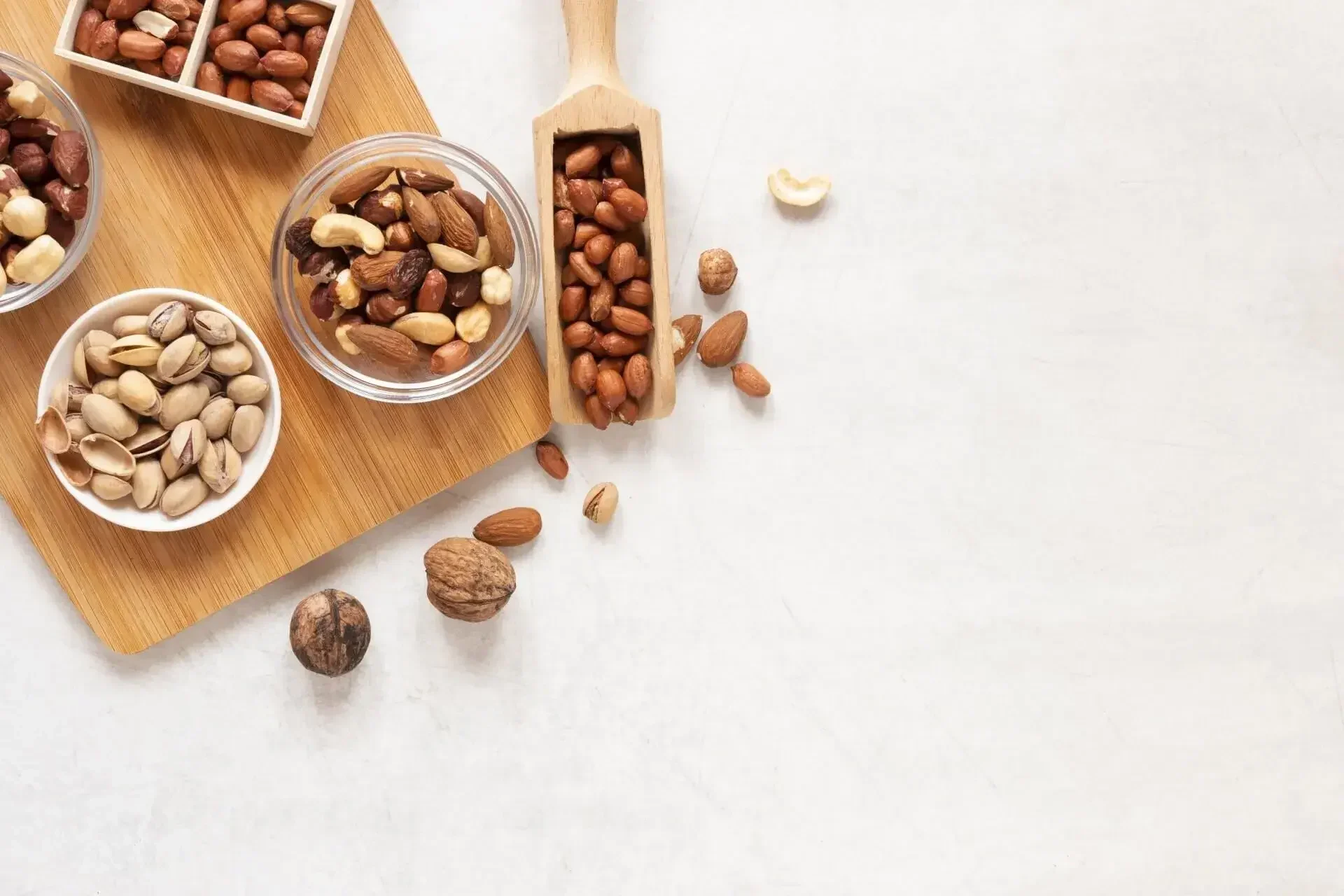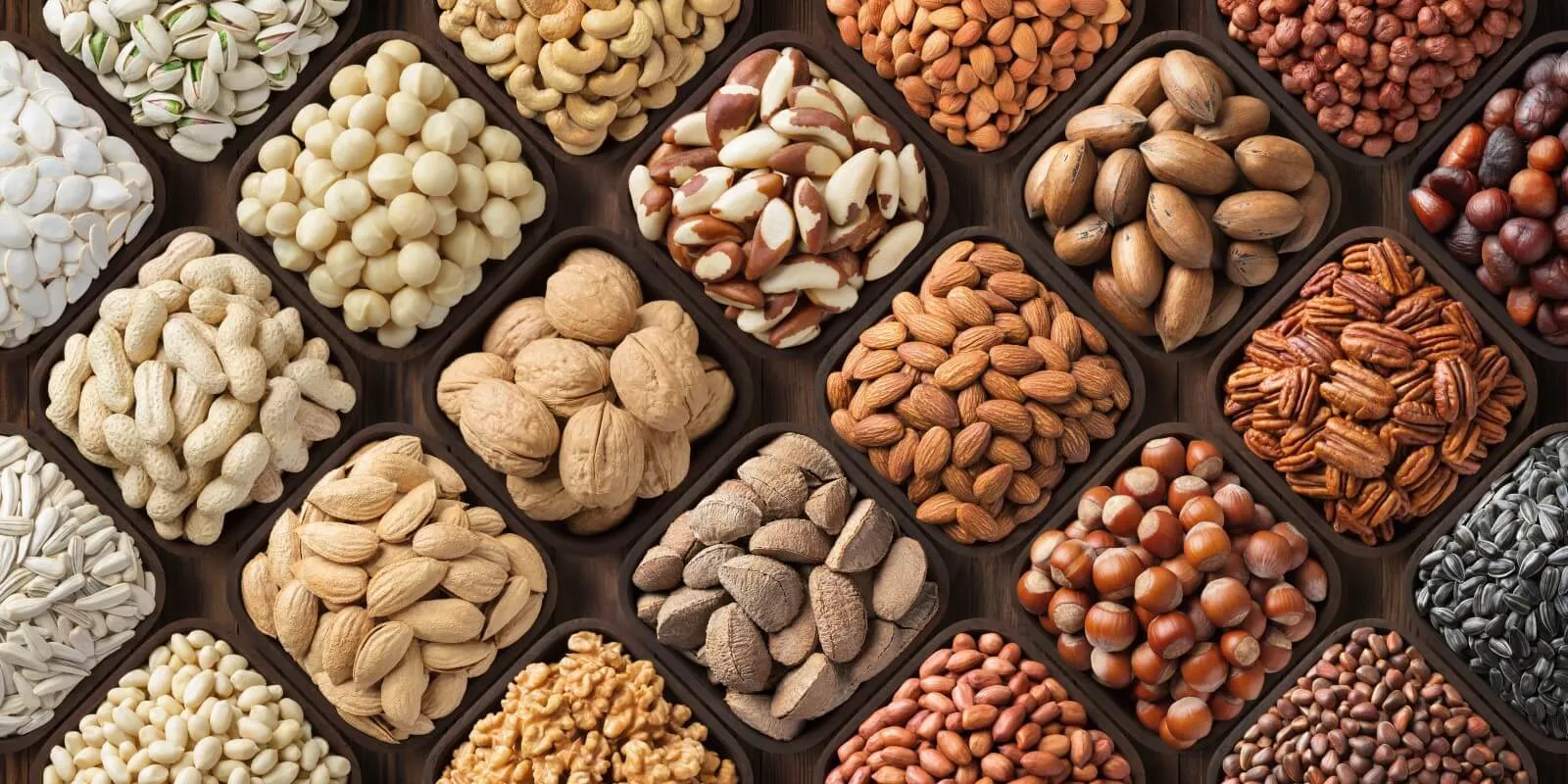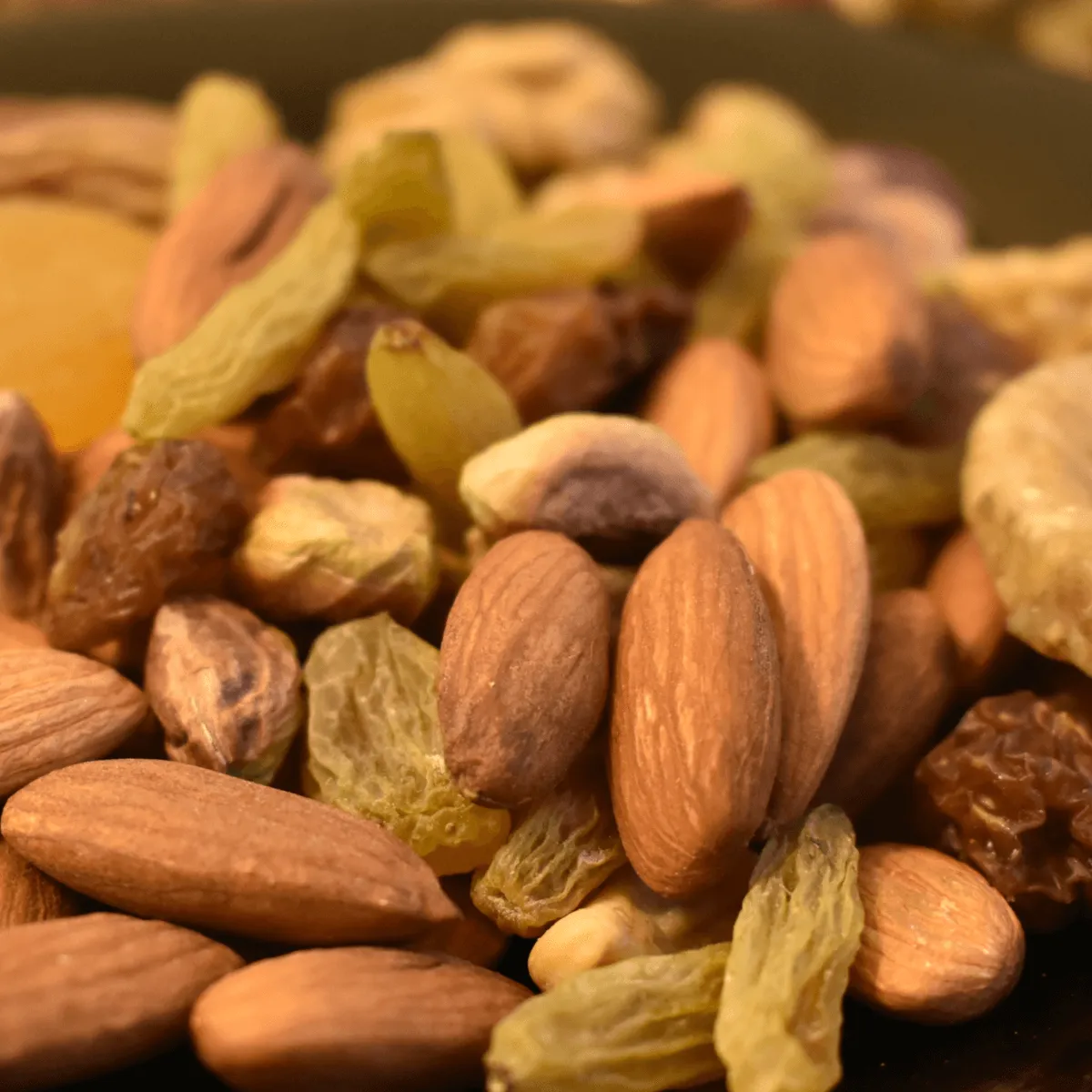As the holy month of Ramadan approaches, Muslims around the world prepare themselves for a period of spiritual reflection, self-discipline, and fasting from dawn till dusk. While fasting during Ramadan is primarily a spiritual practice, it also offers numerous health benefits when approached mindfully. One aspect of a healthy Ramadan diet that shouldn’t be overlooked is the inclusion of nutritious dry fruits. Let’s delve into the reasons why incorporating a mix of dry fruits into your Ramadan routine can be a game-changer for your health and energy levels.

Sustained Energy Release:
One of the most significant advantages of consuming dry fruits during Ramadan is their ability to provide a steady release of energy throughout the day. Unlike sugary snacks that cause energy spikes followed by crashes, the complex carbohydrates, healthy fats, and proteins in dry fruits help maintain stable blood sugar levels, keeping you energized and satiated for longer time.
Hydration and Nutrient Density:
Staying hydrated is crucial during the fasting hours of Ramadan. Dry fruits such as dates, apricots, and raisins are not only packed with essential nutrients but also contain natural sugars and fiber, which aid in maintaining hydration levels. These fruits are also rich in potassium, magnesium, and other electrolytes, making them ideal for replenishing lost nutrients after a day of fasting.
Digestive Health and Satiety:
Fiber plays a vital role in promoting digestive health and preventing constipation, a common concern during Ramadan. Incorporating fiber-rich dry fruits like figs, prunes, and almonds into your suhoor and iftar meals can support healthy digestion and keep you feeling full and satisfied throughout the fasting period.
Versatile and Convenient:
One of the greatest advantages of dry fruits is their versatility and convenience. Whether you’re on the go or preparing elaborate meals for iftar, dry fruits can easily be incorporated into various dishes or enjoyed as standalone snacks. From adding a handful of nuts to your oatmeal or yogurt to creating decadent desserts with dried fruits, the possibilities are endless.
Spiritual Significance:
Beyond their nutritional benefits, certain dry fruits hold special significance during Ramadan. Dates, in particular, have been traditionally consumed to break the fast due to their association with the Prophetic tradition. Incorporating dates into your iftar not only provides a natural source of sugar for energy but also serves as a symbolic gesture of following the Sunnah.






